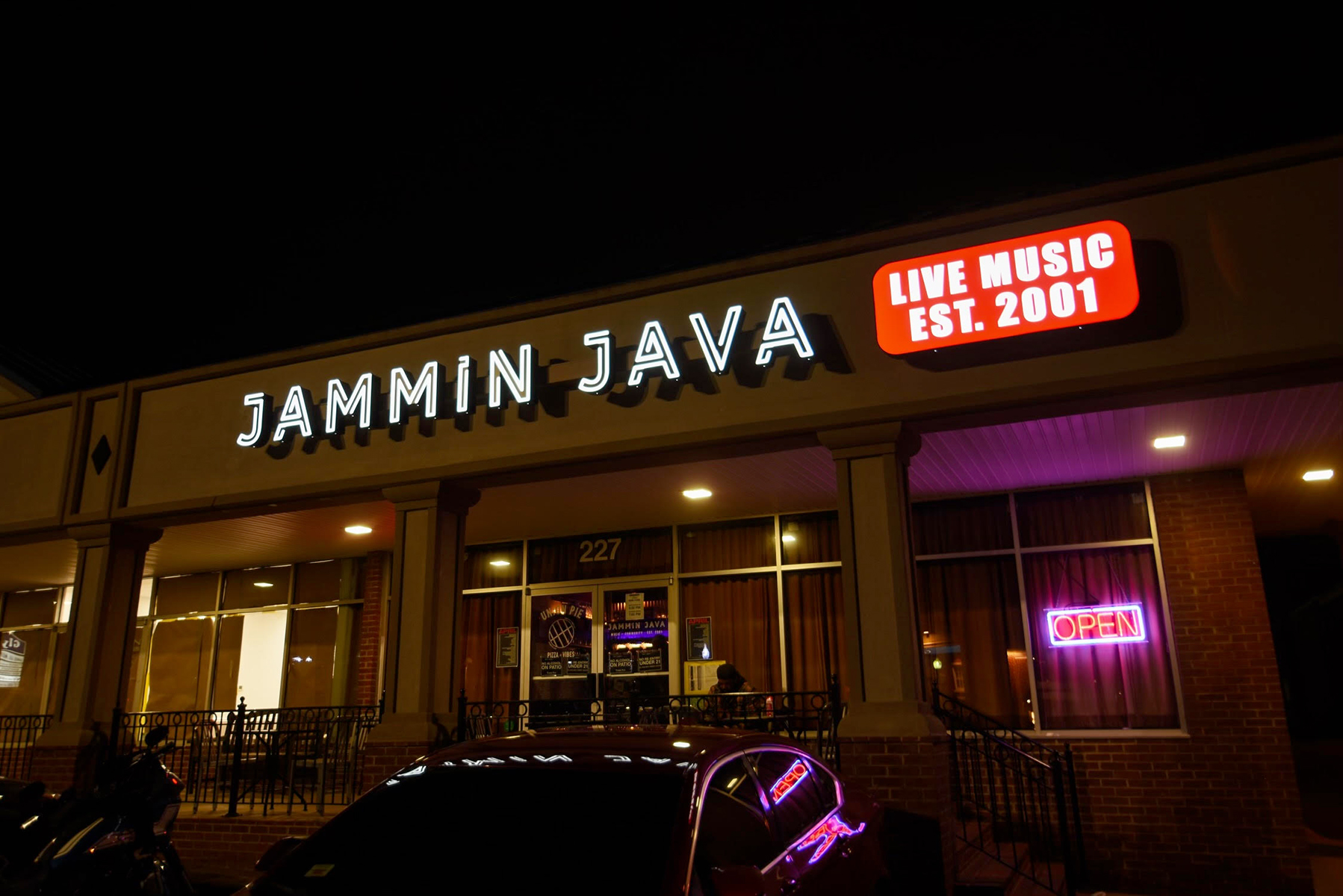If you’re a romantic, an artist, or an otherwise sentient being looking for a reason to believe, consider Clams Casino your wake up call. The fourth solo album from New York songwriter Brian Dunne is a burst of energy, a colossal leap forward, and a prolonged moment of direct eye-contact from one of this generation’s sharpest observers of young American life. Self-produced at Dunne’s home in Red Hook, Brooklyn, Clams Casino was inspired by the classic songwriting form of working-class blues and placed in an unmistakably modern context. “Is it so bad to want a good life?” he asks in the opening title track, and these bracing, hook-filled songs navigate our ongoing negotiations through disappointment and rejection, loss and isolation, and ultimately, hard-earned self-determination.
Following his acclaimed 2023 solo album Loser on the Ropes, released on Kill Rock Stars, and two word-of-mouth successes from his cheeky supergroup Fantastic Cat, Dunne sought to craft a more cohesive statement, based on the some of the archetypes he’s observed throughout his life as a working musician and touring artist around the world. “Loser on the Ropes was about failure,” he reflects, “but there was a fight that was ongoing—which is inherently optimistic. You’re still in the ring.” Now his observations arrive once the final bell has rung and the crowd has wandered home: “The bad guys won. What are we going to do?”
To answer these questions, Dunne kept his focus tight. He worked with only a few collaborators—Dan Drohan on drums, Alex Wright on organ for the climactic ballad “Living It Backwards”—and constructed his narratives as if drafting a tight-knit screenplay. “I could just see the characters play out—who gets to leave and who gets to stay, who gets to keep living the dream and who has it downsized. I was thinking about how it all comes down to class.”
While the lyrics circle scenes of modern despair—stretches of days when the only texts come from food delivery services, childhood dreams chipping away like a sticker on a venue mirror—the music is the most uplifting and hard-hitting in Dunne’s catalog. Accompanying himself on nearly all instruments, he sought inspiration from an era of classic rock when artists tentatively embraced the new wave sound of the late-’70s, incorporating keyboards and synths without delving fully into the digital gloss of the CD era. The result can feel like if novelist Sam Lipsyte wrote the lyrics for Billy Joel’s Glass Houses, or if the Jason Isbell of Southeastern cut
his teeth in scuzzy NYC rock clubs as opposed to Nashville bars.
You can imagine nearly every song as the peak of Dunne’s celebrated live set, packing in the singalong choruses and quotable lyrics from front-to-back. Take “Play the Hits,” the first song Dunne wrote for the record, with a punchy arrangement worthy of the Heartbreakers. In another songwriter’s hands, the subject matter—exploring themes of aging and self-destruction with alternating tones of bitter resentment, fatalist drama, and writhing self-inquiry—might come off as harsh. But Dunne approaches his characters with such empathy, detail, and humor that you can’t help but root for them—even when they barely have the strength to get through the day.
“Play the hits, kid/Just like your dad did/Sometimes it’s time to go,” he sings in the chorus, injecting each word with enough warmth to make it feel like a pep talk.
Some of Dunne’s devotion comes from how personally he takes the subject matter. “I’ve never been at the center of alternative culture,” he admits, “but it’s always been very important to me. Every generation has its American dream, and it felt like the millennial American dream was a little more urban. Everybody seemed to have some sort of foot in the counterculture, whether they worked for Morgan Stanley or they played in a rock band. It felt like, as people got older, I started to see I was believing in something that was maybe a little bit of a facade.”
This balance between ascendant aspirations and crushing reality—particularly through the eyes of formal idealists leaving the big city—forms the thematic heart of the record. In “Rockland County” and “I Watched the Light,” we hear contrasting portraits of characters who make the decision to move back to their hometown: the former is confidently (and hilariously) relieved by their choice, while the other is haunted by the trail of dreams they left behind. Reflecting on the subject matter, Dunne laughs: “When you’re young and you see yourself as the little engine that could, you’re asking for a struggle. But there’s always an out: Have you ever considered the road more commonly traveled? In the end, maybe all that matters is that you keep moving.”
Even in conversation, it’s a classic Brian Dunne observation: funny, sad, compassionate, twisting idiomatic language until you’re left questioning received wisdom and, hopefully, trusting your instincts a little more. In this way, Clams Casino is the rare rock record that manages to inspire without ignoring the darkness dominating our purview, whose subject matter feels authentically universal yet allergic to cliche, whose characters are equally clever and open-hearted. Just look at the narrator of “Some Room Left,” a tender ballad whose landscape
feels as stark and anxious as Dunne has ever allowed into his songwriting. And yet, he observes, “the fittest of the cynics can be disarmed/By a kindly stranger asking how you are.” It sounds like he’s speaking from experience—on both sides of the conversation—and he’s ready to let in the world.

227 Maple Ave East
Vienna, VA 22180
(703) 255-1566